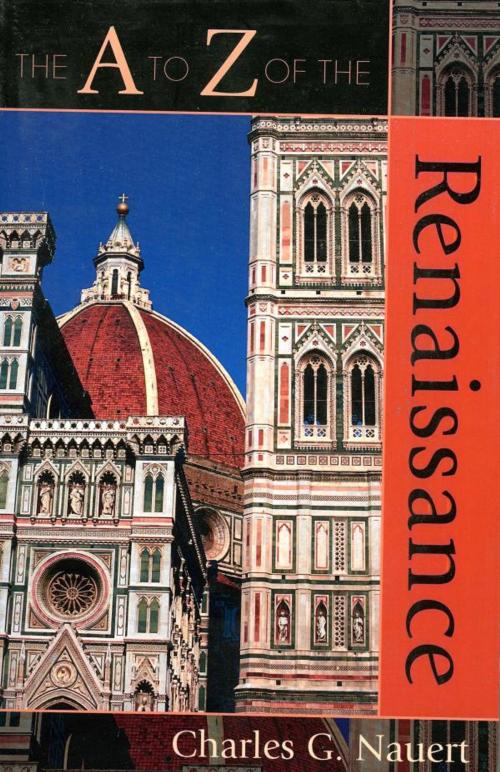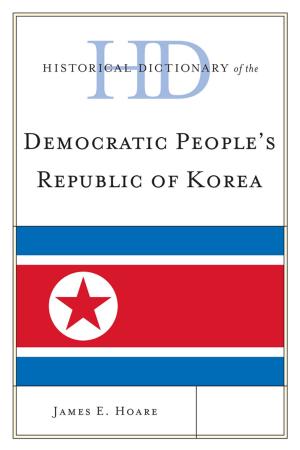| Author: | Charles G. Nauert | ISBN: | 9781461718963 |
| Publisher: | Scarecrow Press | Publication: | February 23, 2006 |
| Imprint: | Scarecrow Press | Language: | English |
| Author: | Charles G. Nauert |
| ISBN: | 9781461718963 |
| Publisher: | Scarecrow Press |
| Publication: | February 23, 2006 |
| Imprint: | Scarecrow Press |
| Language: | English |
Few periods have given civilization such a strong impulse as the Renaissance, which started in Italy and then spread to the rest of Europe. During its brief epoch, most vigorously from the fourteen to the sixteenth centuries, Europe reached back to Ancient Greece and Rome, and pushed ahead in numerous fields: art, architecture, literature, philosophy, banking, commerce, religion, politics, and warfare. This era is inundated with famous names (Da Vinci, Michelangelo, Raphael, Petrarch, Machiavelli, Cervantes, and Shakespeare), and the heritage it left can hardly be overestimated.
The A to Z of the Renaissance provides information on these fields through its chronology, which traces events from 1250 to 1648, and its introduction delineating the underlying features of the period. However, it is the dictionary section, with hundreds of cross-referenced entries on famous persons (from Adrian to Zwingli), key locations, supporting political and social institutions, wars, religious reformations, achievements, and failures, which is the heart of this book. Further research is facilitated by the bibliography.
Few periods have given civilization such a strong impulse as the Renaissance, which started in Italy and then spread to the rest of Europe. During its brief epoch, most vigorously from the fourteen to the sixteenth centuries, Europe reached back to Ancient Greece and Rome, and pushed ahead in numerous fields: art, architecture, literature, philosophy, banking, commerce, religion, politics, and warfare. This era is inundated with famous names (Da Vinci, Michelangelo, Raphael, Petrarch, Machiavelli, Cervantes, and Shakespeare), and the heritage it left can hardly be overestimated.
The A to Z of the Renaissance provides information on these fields through its chronology, which traces events from 1250 to 1648, and its introduction delineating the underlying features of the period. However, it is the dictionary section, with hundreds of cross-referenced entries on famous persons (from Adrian to Zwingli), key locations, supporting political and social institutions, wars, religious reformations, achievements, and failures, which is the heart of this book. Further research is facilitated by the bibliography.















